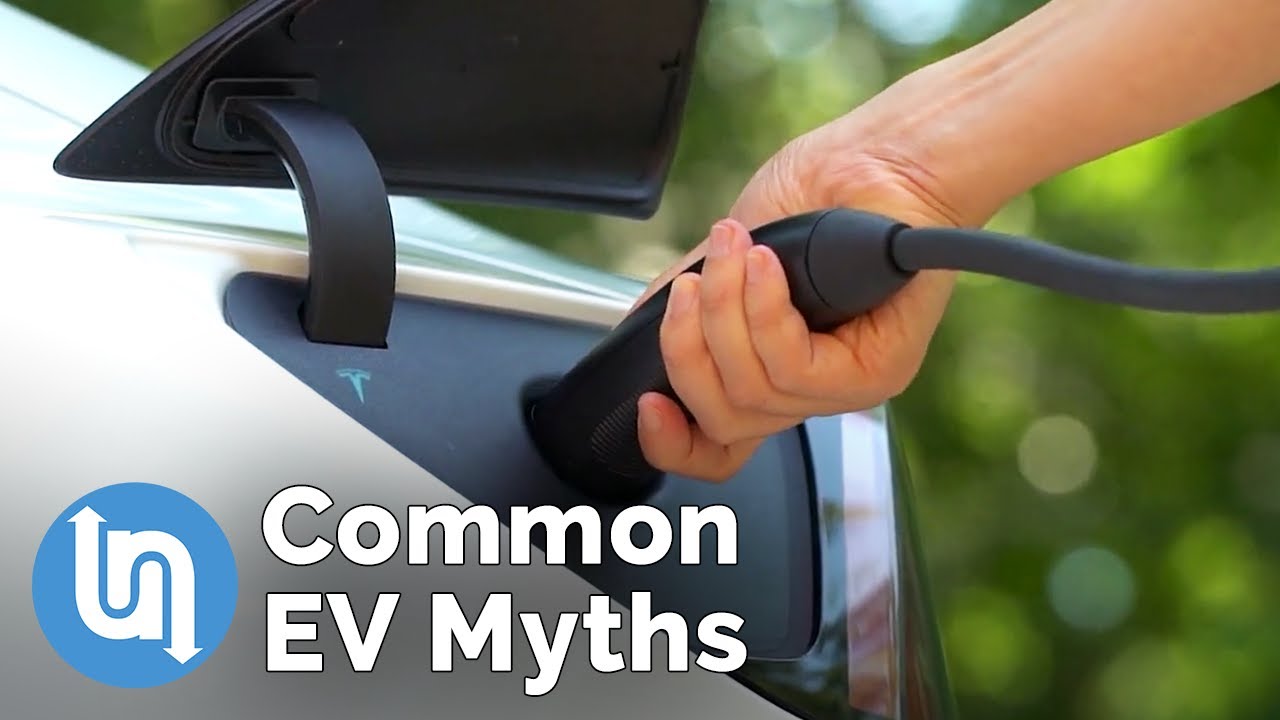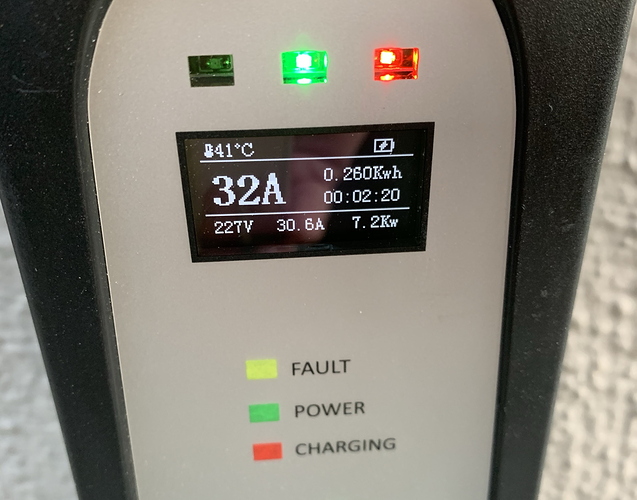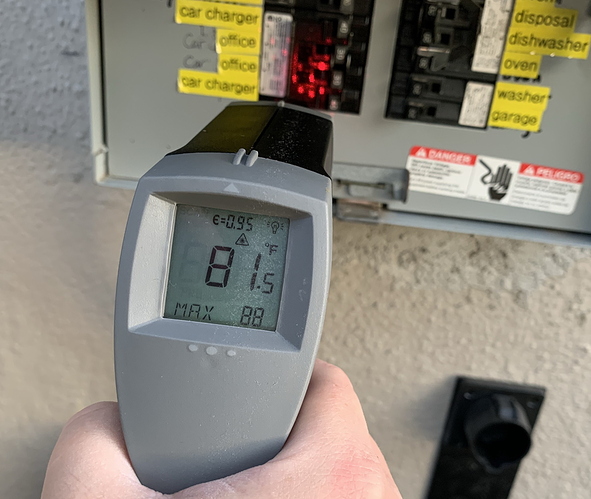It’ll happen slowly enough that I think we’ll have several decades to make the necessary infrastructure adjustments. Gas stations aren’t exactly going to disappear completely within the next 4 years…
Understood. I realize that it may be practical to get there if the planning is done; however, my main concern was whether or not governments take EV projections seriously to the extent that they would plan both grid and generation improvements to support them in order to make the gradual progress necessary to get there.
Once you cross a certain threshold of EV ownership, night-time may well become the new peak demand period for electricity use. In some climates this then makes home heating a lot more expensive during the winter. I am getting off track, but I think the point is made.
The use case is quite different, for one thing, car batteries are EN-OR-MOUS. See the video I linked in the post, starting at 4 minutes in. I’ve cued up the video to start at that point here:
Essentially, I think this suggests that overly-paranoid people are wrong, but it doesn’t mean there’s not a concern.
Your geographic location plays a part. If you are in Canada, for example, where you can regularly wake up to winter temperatures below -4F and be out in unexpected snowstorms that bring traffic to a standstill to turn a 30 min commute into 3 hours, your range is already severely compromised by the cold temperatures and having to heat your car (at the expense of range) whether you are moving or not. In an equal situation at two different vehicle ages, chopping 15% off your battery capacity could mean the difference between making it home in year 1 but not in year 4. That’s not going to happen every day but it’s another one in the “anxiety” bucket. This would be mitigated by better access to charging.
If you lease your cars in 4-year increments, you probably have no concern. If you buy and hold cars for 10 years, it’s more of an issue. I have never leased a car in my life, but if I was going to try an EV, I would probably lease the first one.
The main point: there are legitimate concerns for some people.
But maybe it just means EVs are not yet ready for certain parts of the world. We shouldn’t view EVs are a great fit for everyone - for the people they work for, it’s one less gasoline-powered car on the road. Whether that’s a good or a bad thing depends on how well we “green” our power grid and manage the battery manufacturing and recycling process, I guess.
On your original point that they are a cool piece of technology, I fully agree 





